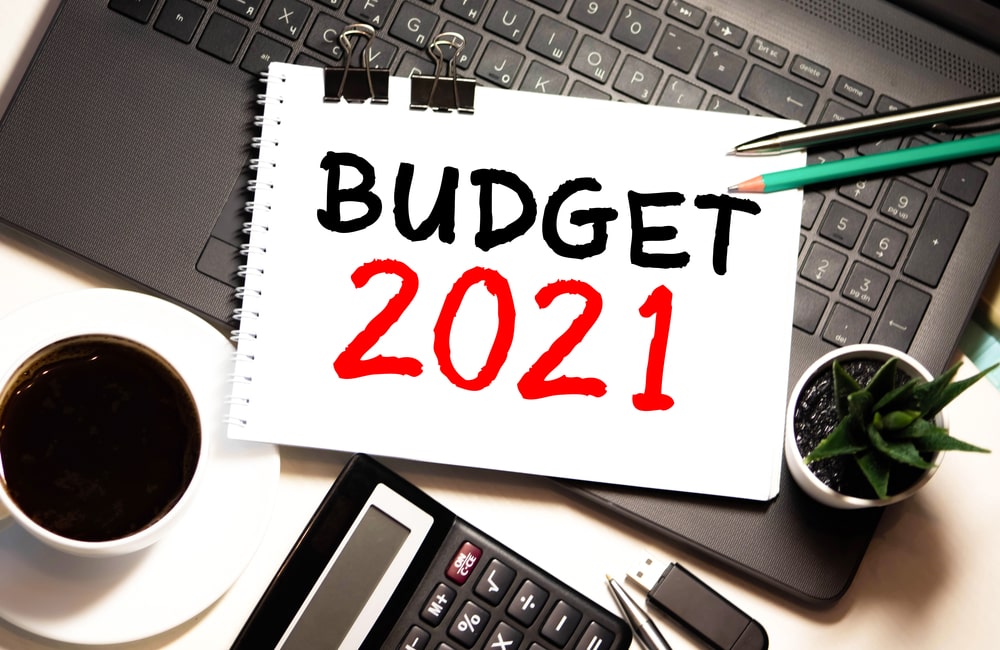
5 Ways The Autumn Budget Affects You
On October 27th, 2021, Chancellor Rishi Sunak presented the UK Autumn Budget for the year 2021. Flaunting age-old rules of not allowing disclosures pre-budget, Mr Sunak had already leaked many major announcements in advance, leading to much speculation. Below we look at five ways in which the UK Autumn Budget 2021 will affect your money without any assumption.
1. Household Bills
The cost of living continues to rise as prices for day to day goods and household bills continue to increase. A global rise in gas prices has seen energy costs soar over the past year, with many household suppliers going bust, leaving homeowners and tenants to negotiate higher price deals with new suppliers.
Official government forecasters expect the cost of living to rise by approximately 4% within the next 12 months.
After fuel duty has been frozen for almost a decade, the Chancellor has confirmed that this will continue for at least for another year. This comes as drivers continue to feel the pinch at the fuel pumps.
There were no clear measures to assist households with rising electricity and domestic gas bills.
2. National Living Wage Rise
The National Minimum wage will increase from April 2022. It is currently £8.91 an hour for people 23 and above, and Mr Sunak confirmed that it will increase to £9.50 per hour from April 2022.
The increase in the National Minimum wage will also affect the under 23s, as it increases to £9.18 an hour. This will be dependent on age and whether in an apprenticeship. If you are working 35 hours per week, the increase for 23-year-olds and above means that you earn just over an extra £1000 a year before tax. Anyone in receipt of universal credit could be affected by the taper rate (see below).
National Minimum Wage Increases From April 2022
| Age Group | Current Wage (£/hr) April 2021-22 | New Wage (£/hr) April 2022-23 |
| 23 years old and above | £8.91 | £9.50 |
| 21 – 22 years old | £8.36 | £9.18 |
| 18 – 20 years old | £6.56 | £6.83 |
| Under 18s | £4.62 | £4.81 |
| Apprentices (under 19, or 1st year of apprenticeship) | £4.30 | £4.81 |
Rishi Sunak laid out positive plans for workers in the public sector, who will receive a pay rise in April 2022. This will include a reverse the current wage freeze put in place during the Covid-19 pandemic. It is not yet known exactly how much this increase will be and whether it will offset the rising cost of living.
3. Universal credit taper cuts
Are you working part-time or full-time and also receiving universal credit?
Anyone on Universal Credits can be affected by taper rates. Taper rates mean that as you earn more, your universal credit payment is reduced. Currently, for every pound you earn above the work allowance, 63p is automatically deducted from your benefit payment. For the budget, the Chancellor has reduced this to 55p, allowing workers to keep more of what they earn. This is also achieved with the rise of the work allowance.
This credit boost will benefit around two million Britons with two million more seeing little or no benefits because they either do not work or earn below the work allowance.
4. Alcohol Duty Overhaul
There will also be clearer changes to the way that alcohol is taxed in the UK. He described this as “the most radical simplification of alcohol duties for 140 years”. This will come in to effect in February 2023.
In simple terms, the new alcohol duties mean that the stronger the drink the higher the rate. Therefore, higher-strength drinks will go up in price, an end to the era of cheap, high-strength drinks. However, the Chancellor imposed a lower duty on drinks ranging from sparkling wine to draught beer.
Low alcohol drinks can be overtaxed, in particular fruit ciders and liqueurs. They will now be subject to lower taxes. This change will subsequently encourage craft producers, such as small cider makers and those making drinks containing less than 8.5% alcohol.
Sparkling wines will have the same duty as still wines of equivalent strength with English and Welsh wines will paying less.
Consumption in trade pubs has fallen by 40% compared to pre-pandemic reports. The Chancellor announced the draft relief resulting in this new lower duty on draft beer and cider. He cut the duty on draft beer by 5%, the biggest cut to beer duty in 50 years.
5. Personal Taxes
Sunak said that his plan was to reduce taxes as soon as possible, stating “I want taxes to be going down not up… That is my mission”.
Two massive tax decisions made before the budget will significantly affect finances in the coming years.
In the 2021 Spring Budget, the thresholds at which income tax is paid were frozen at April 2021 levels for the next five years. The affect of this for tax payers, is that any additional income you earn after April 2021, can mean entering the higher tax band.
In September 2021, the Prime Minister Boris Johnston announced that employees, employers and the self-employed would all pay 1.25p more on the pound for National Insurance (NI) from April 2022 to fund social care.
Others
Other announcements from the Chancellor include:
- cuts on air passenger duty of short-haul and domestic flights (but long-haul flights could get more expensive)
- extra funding for projects supporting new parents and programmes to improve numeracy skills
- Add to these, cancellation of the planned rise in fuel duty.
As expected following the global pandemic, the tax burden is now at its highest levels since the early 1950s.
